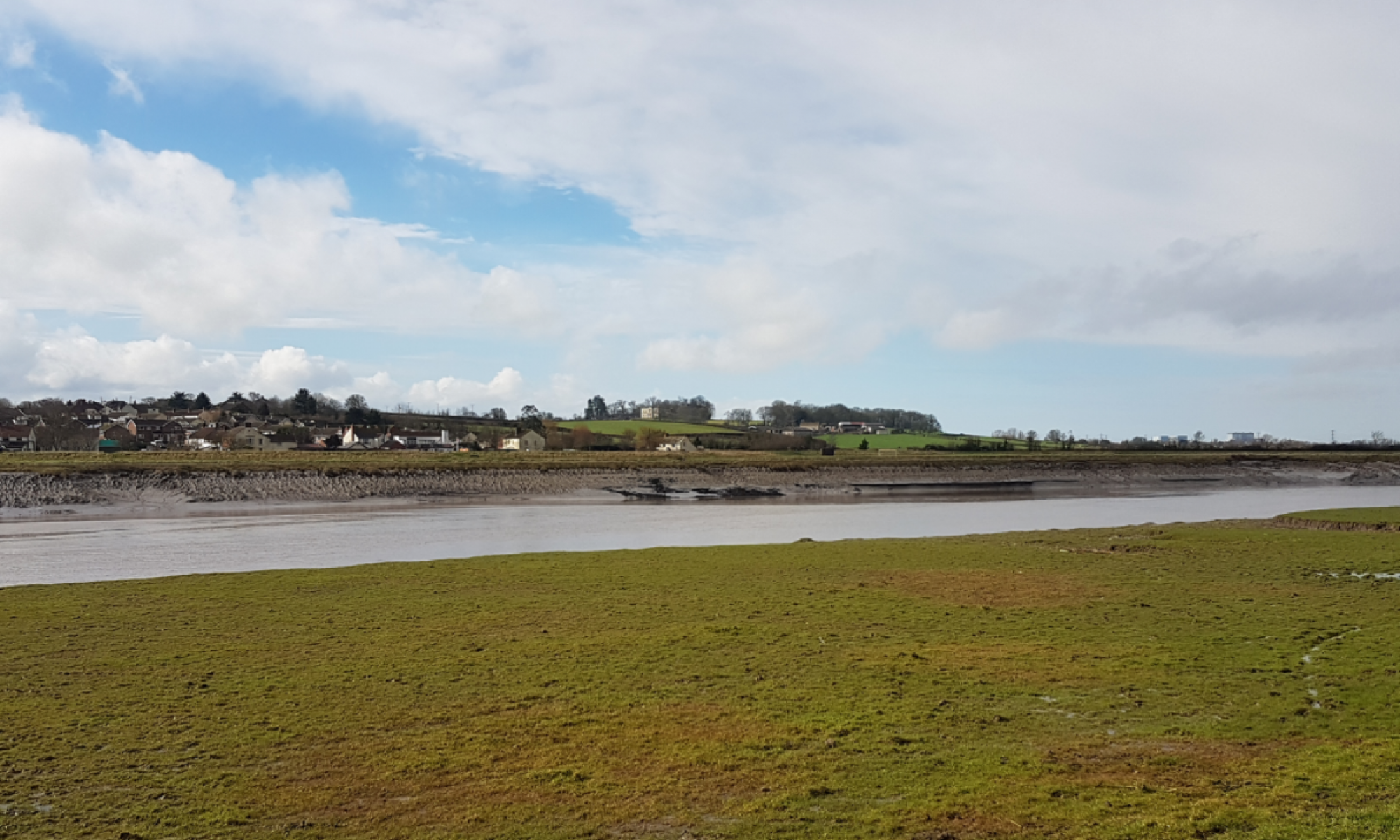One of the problems with building the Bridgwater Tidal Barrier downstream of Dunball Wharf is the marine traffic to Dunball Wharf. Sedgemoor District Councils current draft local plan states “The Council will support the continued operation and potential development of Bridgwater Port including Dunball Wharf and Combwich Wharf (Policy D16 applies). It will also support the re-establishment of active commercial wharf’s at suitable locations elsewhere on the River Parrett. In all cases the construction or operation of new wharf’s should not adversely impact upon the Severn Estuary internationally designated site.”
The reality is that the Dunball Wharf’s with their tidal drying berths, dependency on high tides and difficult navigation is never going to be a commercial success but the 200m wide river at Combwich might. Construction of the tidal surge barrier could enable the relocation of Dunball Wharf to a better location.
Much hangs on what is considered to be adverse.
Concepts of what the river structures might look like have not been forthcoming since 2009. Apart from the tower and turning vertical gate Bridgwater’s gate structure will be considerably shorter than the Hull Barrier structure we have been repeatedly shown.
What would a barrier with a road bridge options look like?
Another wharf at Combwich, EDF have one there already, would not require an opening bridge or clearance much more than Drove Bridge on the NDR. A tidal surge barrier with a 40m fixed navigation span and a road deck might look like
Keeping Dunball Wharf would require a one larger gate and an opening bridge. Dunball currently sees 40 or so vessel movements a year so its operation would not affect the bypass traffic.
The engineering is relatively simple and with a purpose built wharf everything could be shipped in during construction.
